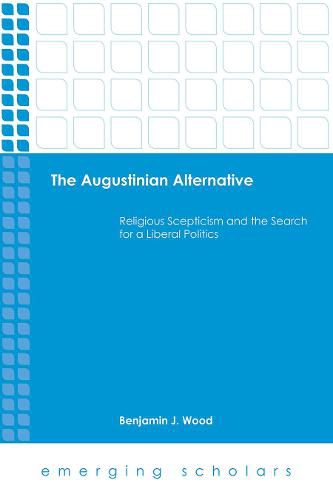Readings Newsletter
Become a Readings Member to make your shopping experience even easier.
Sign in or sign up for free!
You’re not far away from qualifying for FREE standard shipping within Australia
You’ve qualified for FREE standard shipping within Australia
The cart is loading…






This book’s central claim is that a close reading of Augustine’s epistemology can help political theologians develop affirmative accounts of political liberalism. This claim is set in a scholarly context that is profoundly hostile to constructive theological readings of liberal culture. As a corrective to such antagonism, this book suggests that, far from being natural opponents, Christian communities can work fruitfully with political liberals based on common principles. A key component in this argument is the theological reevaluation of the ancient skeptical tradition. While the ancient skeptics are habitually treated by scholars as minor characters in the story of Augustine’s theological development, this volume argues that they played a significant role in shaping both Augustine’s theology and the subsequent character of the Augustinian tradition. By placing Augustine’s reading of the skeptics in dialogue with contemporary culture, this book constructs a viable form of liberal Christian politics that is attentive both to his sin-sensitive account of public life and his eschatological vision of the church.
$9.00 standard shipping within Australia
FREE standard shipping within Australia for orders over $100.00
Express & International shipping calculated at checkout
This book’s central claim is that a close reading of Augustine’s epistemology can help political theologians develop affirmative accounts of political liberalism. This claim is set in a scholarly context that is profoundly hostile to constructive theological readings of liberal culture. As a corrective to such antagonism, this book suggests that, far from being natural opponents, Christian communities can work fruitfully with political liberals based on common principles. A key component in this argument is the theological reevaluation of the ancient skeptical tradition. While the ancient skeptics are habitually treated by scholars as minor characters in the story of Augustine’s theological development, this volume argues that they played a significant role in shaping both Augustine’s theology and the subsequent character of the Augustinian tradition. By placing Augustine’s reading of the skeptics in dialogue with contemporary culture, this book constructs a viable form of liberal Christian politics that is attentive both to his sin-sensitive account of public life and his eschatological vision of the church.